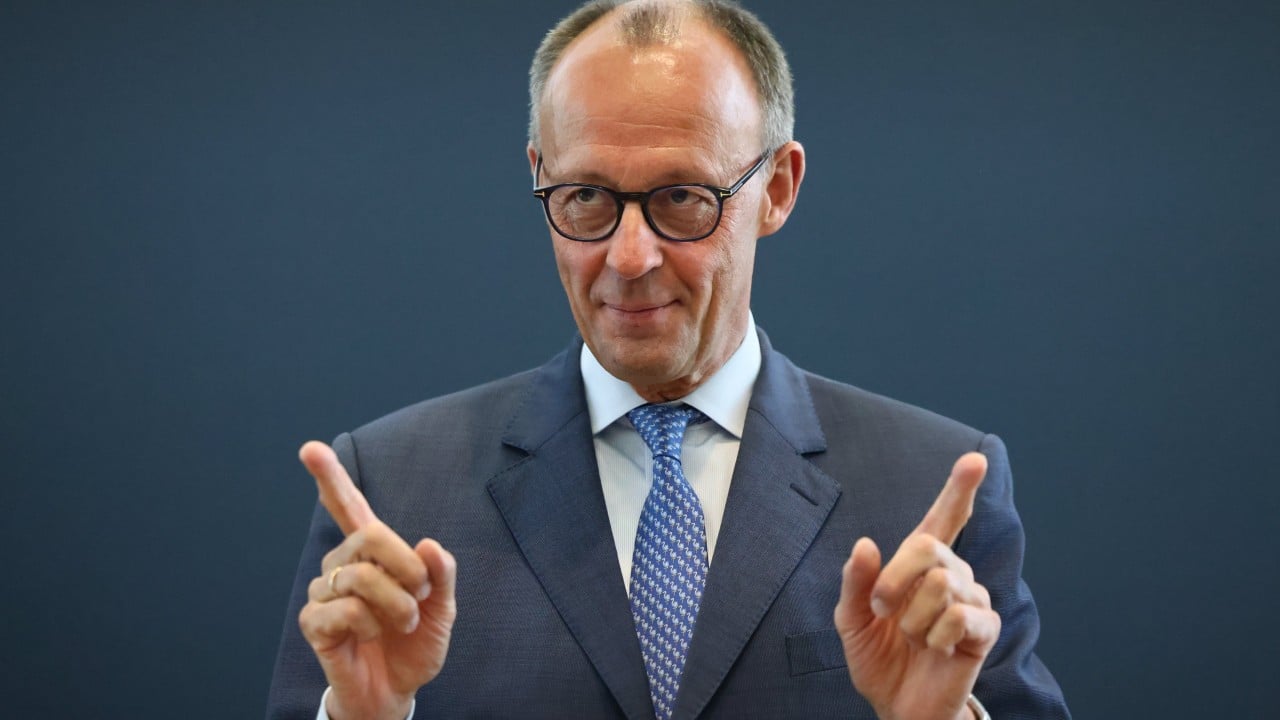There are moments in statecraft when a government reveals its strategic character. German Chancellor Friedrich Merz’s new administration has shown one such moment – and it was encouraging. On Ukraine, Berlin has moved with a decisiveness long thought beyond its political metabolism. Weapons are flowing. Defence production is expanding. Germany is anchoring Nato’s eastern flank and, for the first time in decades, speaking like a country prepared to bear the burdens of European security.
Advertisement
On China, however, the same government has shown the opposite: hesitancy, confusion and, above all, drift. And drift, in geopolitics, is not a harmless default. It is a choice, with consequences.
The status quo of Sino-German relations is complicated. The relationship has had its heights – both sides grew and prospered – but the power dynamics have shifted.
How complicated are things? Last month, for example, Foreign Minister Johann Wadephul postponed at short notice a planned trip to Beijing, his inaugural visit, after Chinese officials offered only one official engagement, which was seen as a diplomatic slight. Yet last week, Finance Minister Lars Klingbeil rushed to Beijing, insisting that dialogue must continue and trade must be protected. This hardly amounts to Bismarckian grand strategy.
To be fair, Merz did not inherit a model of strategic clarity. The previous government was already stumbling on China.
Advertisement
Former chancellor Olaf Scholz’s last major visit, in April last year, was a textbook example of how not to manage Beijing. He arrived with a planeload of CEOs and lobbied for better market access and equal treatment for German firms, but it was a fruitless trip on the whole. Beijing did agree to open its market further to German agricultural products – pork, apples and some beef – but offered nothing meaningful on industrial overcapacity, market access or curbing dual-use exports to Russia.

